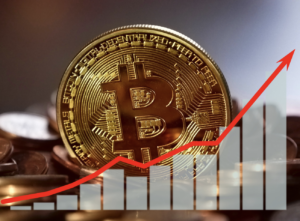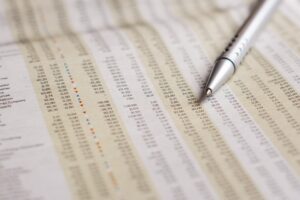Inflation in Argentina has reached staggering levels, with a rate of 254.2% in the span of just 12 months. This places Argentina among the countries with the highest interannual variations in the world. However, there was a slight slowdown in January, with the indicator dropping to 20.6% from the previous month’s 25.5%.
The January consumer price index aligns with the estimates made by the government, which predicted inflation to be around 20%. This comes in the midst of a context of “stagflation,” a term used to describe economic stagnation combined with inflation, as announced by the president shortly after taking office. The devaluation of the peso in December, along with the release of almost all prices in the economy and adjustments to transport and public service tariffs, has contributed to monthly inflation remaining close to the all-time high recorded in February 1991 (27%).
Several sectors experienced significant increases in prices in January, including goods and services (44.4%), transportation (26.3%), communication (25.1%), and food and non-alcoholic beverages (20.4%). These soaring prices have had a detrimental impact on the daily lives of individuals, particularly retirees who struggle to make ends meet. Elsa González, a 74-year-old retiree, shared her experience, stating that she can no longer afford certain food items such as cheese and meat.
The healthcare sector has also been severely affected by inflation, with prices for medications increasing by an average of 20.55% per month. Ramón Zamudio, a 70-year-old janitor in Buenos Aires, revealed the challenges he faces in affording his necessary medications due to the rising prices. He now has to take less medication than before to stretch his budget.
In response to these alarming inflation rates, Economy Minister Luis Caputo has expressed optimism, predicting that inflation will decrease in February and March. He believes that the government’s efforts in fiscal, monetary, and exchange rate matters will contribute to reducing the inflation rate. However, critics argue that these measures have not yet yielded significant results and that the current levels of inflation are cause for concern.
The government’s administration began with a high inflation rate of 25.5% in December, bringing the inflation rate for the entire previous year to 211.4%. In an effort to address this issue, the government initiated an ambitious deregulation of the economy, with the goal of reducing the role of the State and achieving stability. However, their efforts have faced obstacles, with legislative changes proposed by Javier Milei, an economist known for his ultra-liberal views, failing to gain approval in Congress.
Despite the challenges faced by the government, Minister Caputo remains committed to achieving the “zero deficit” goal that Argentina has agreed upon with the International Monetary Fund (IMF). To accomplish this, he plans to implement additional executive measures and reactivate a credit program worth US$44 billion.
The country’s main trade union federation, CGT, has expressed its discontent with the current situation by organizing a 12-hour general strike in January. They have also called for an 85% increase in the minimum wage, which currently stands at 158,000 pesos.
In an effort to provide insight into the impact of high inflation on the cost of living, the official statistics institute, Indec, has released the prices for basic food items. The basic food basket is priced at 285,561 pesos, while the total basic food basket is priced at 596,823 pesos. These figures highlight the significant strain that inflation puts on households and the urgency to address this issue effectively.





